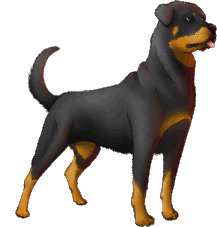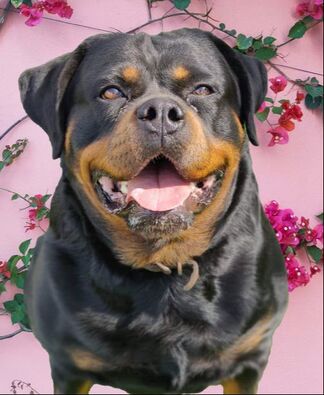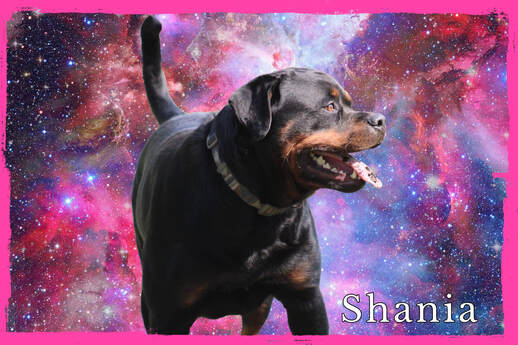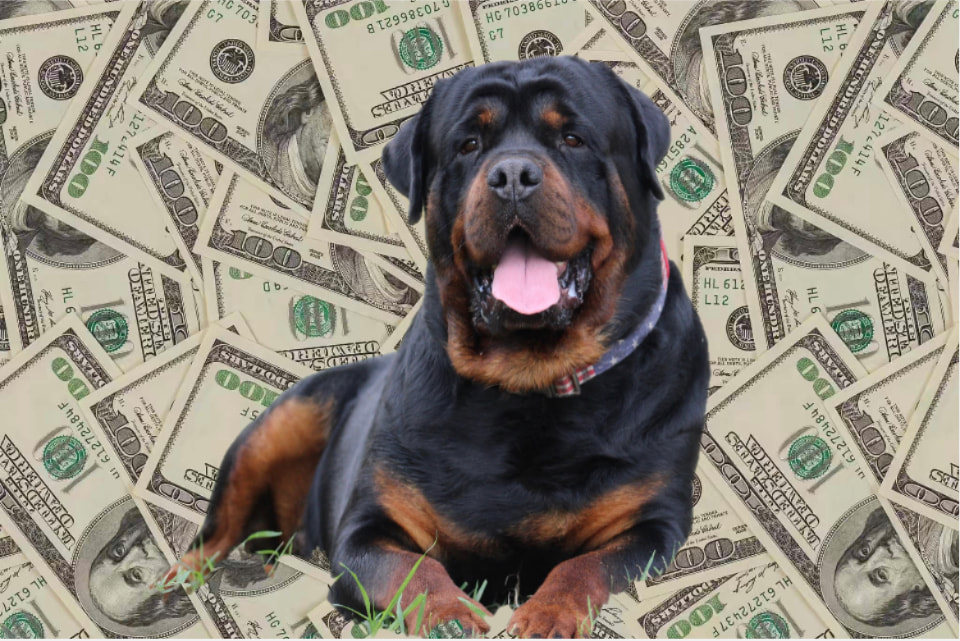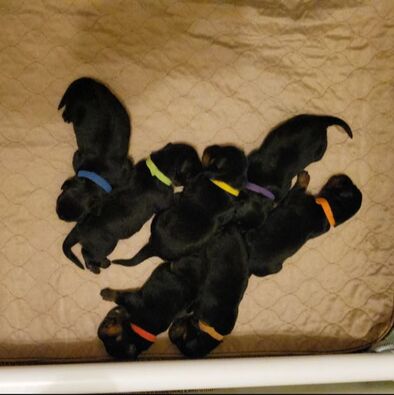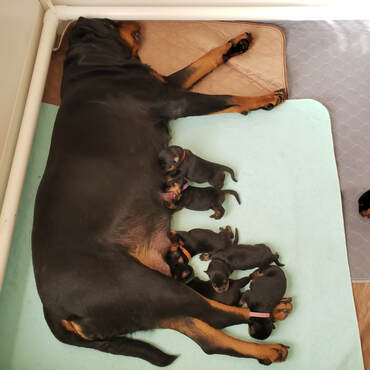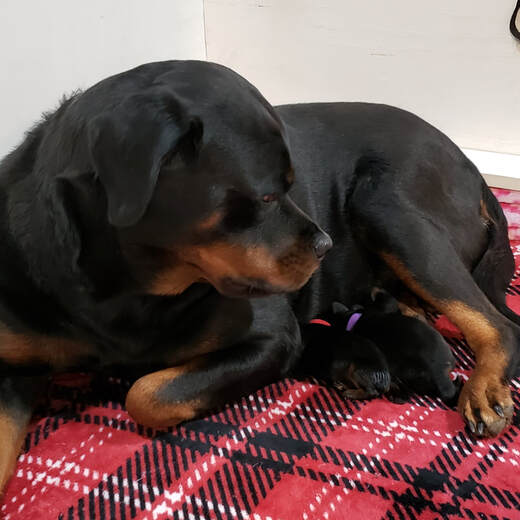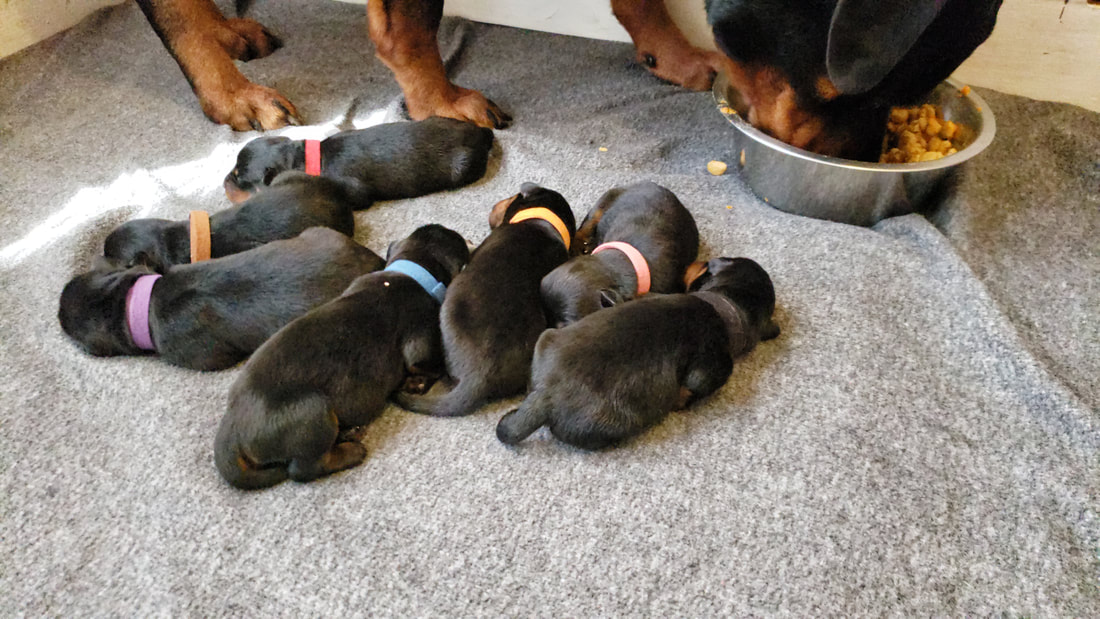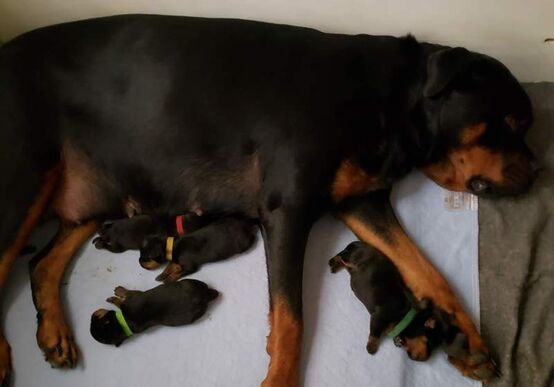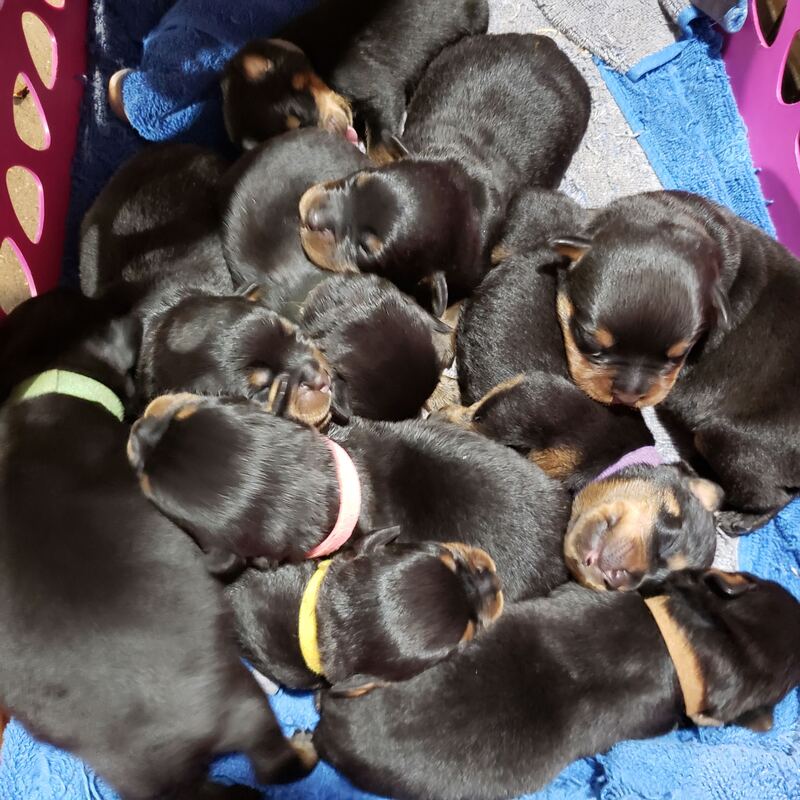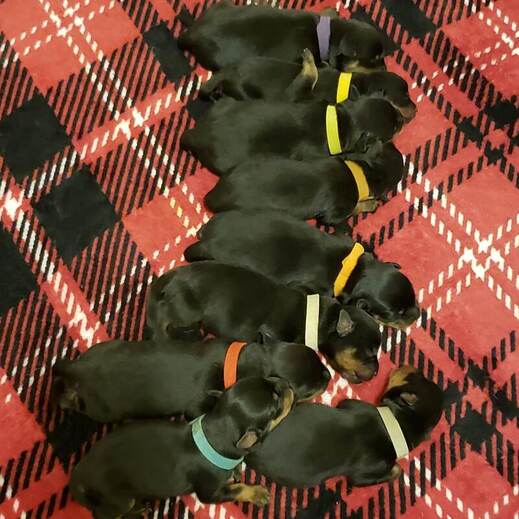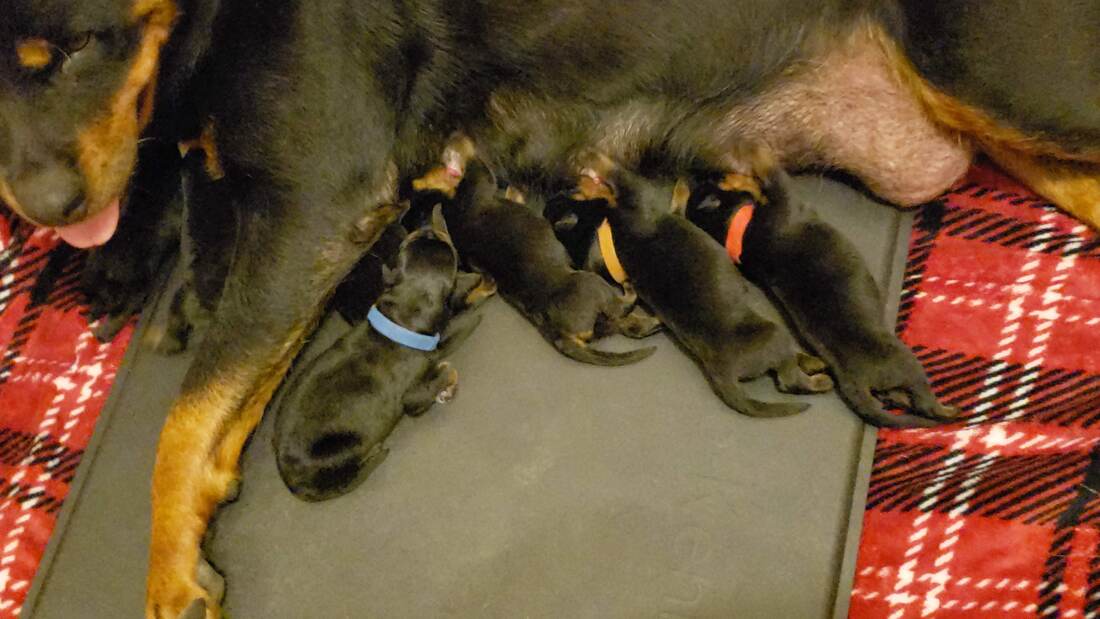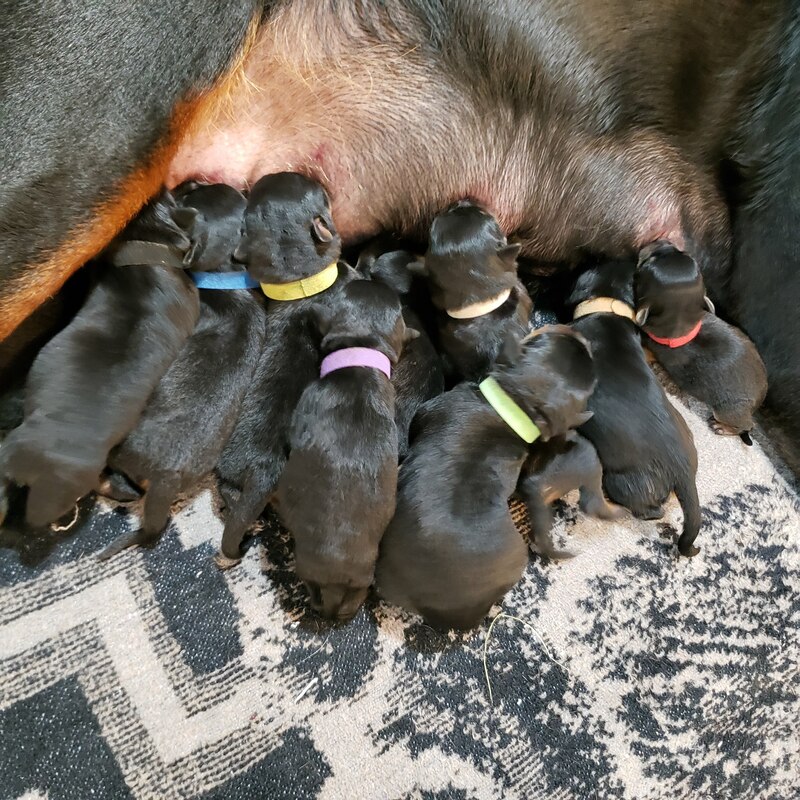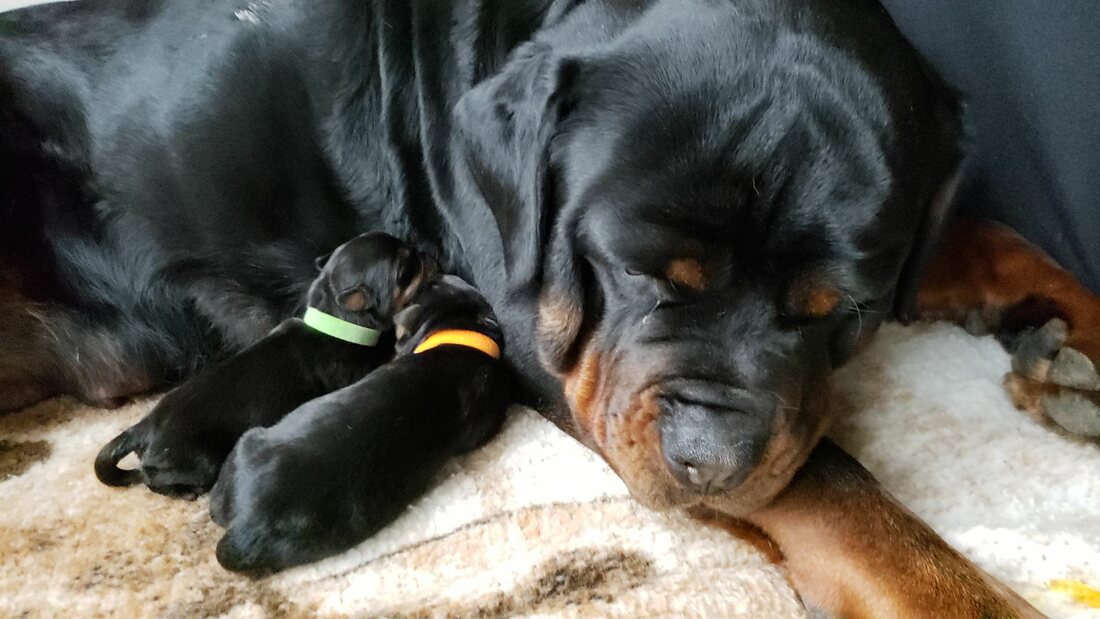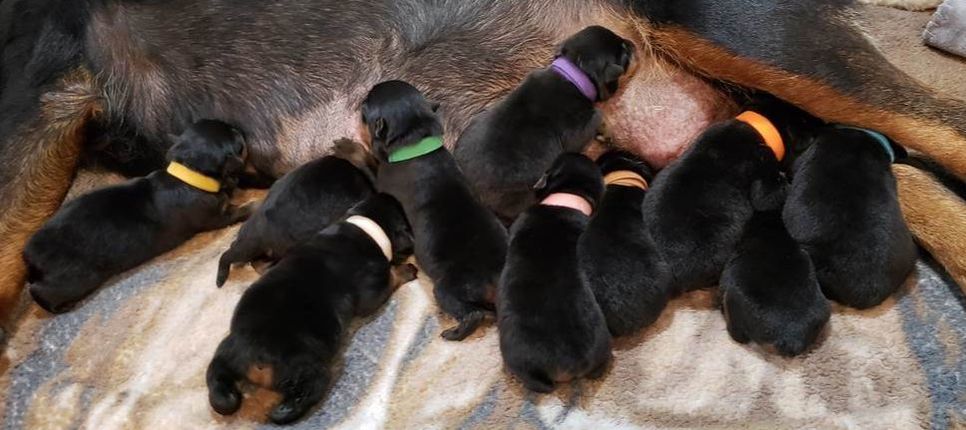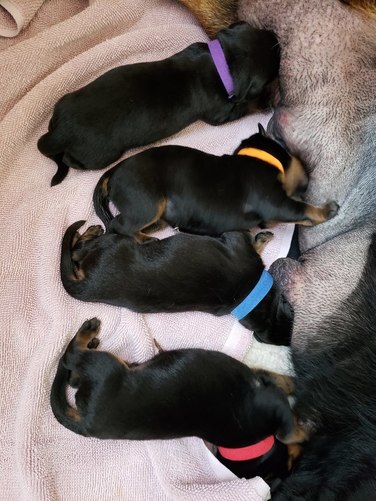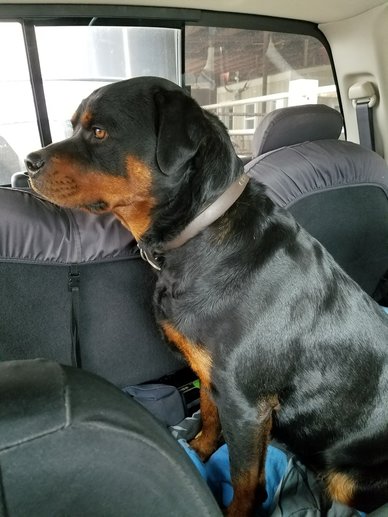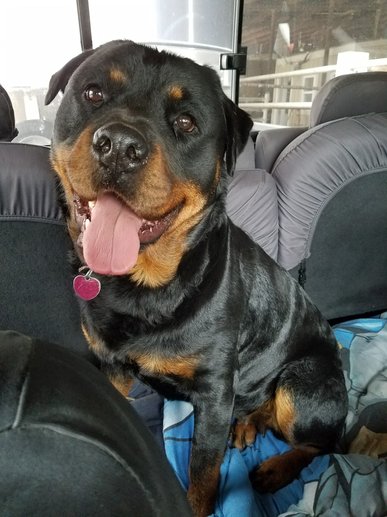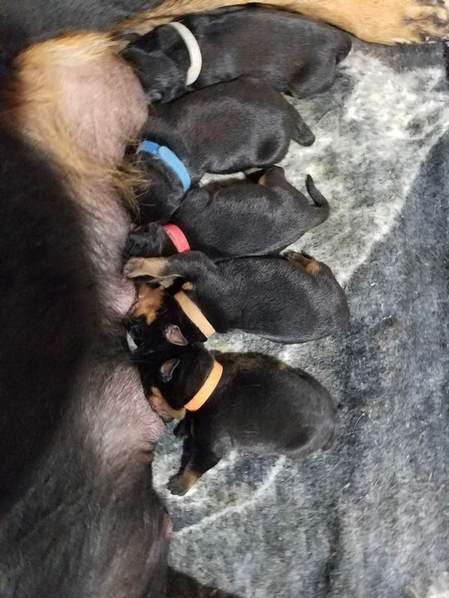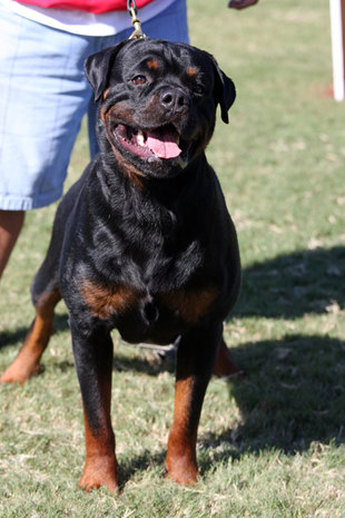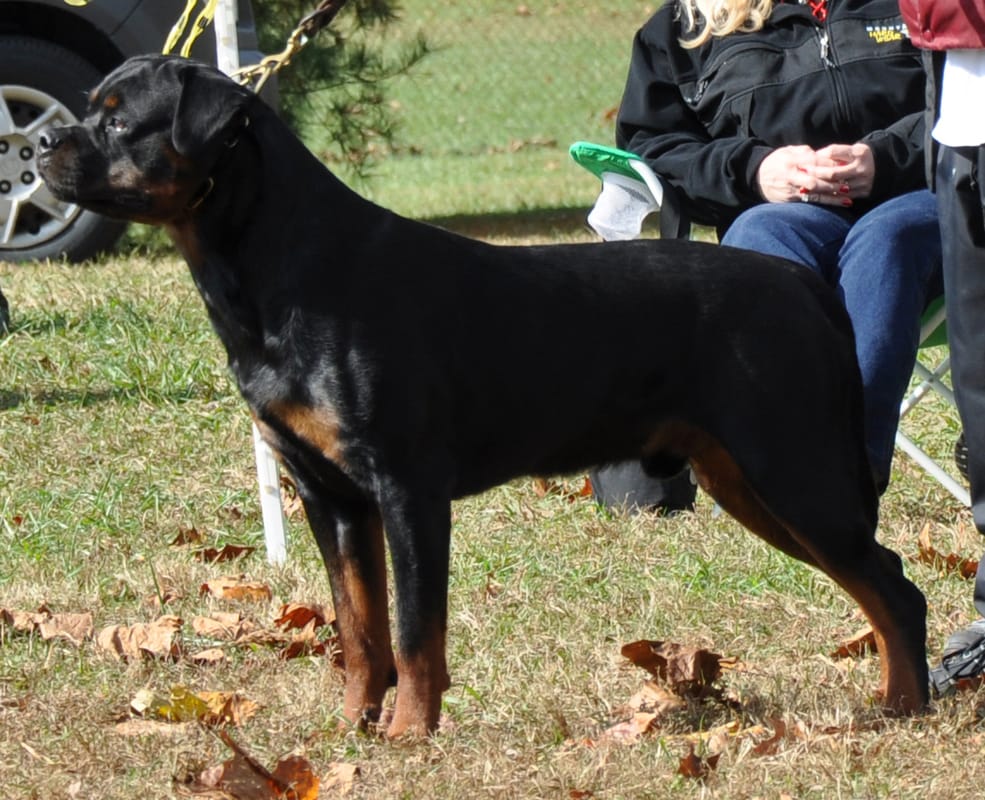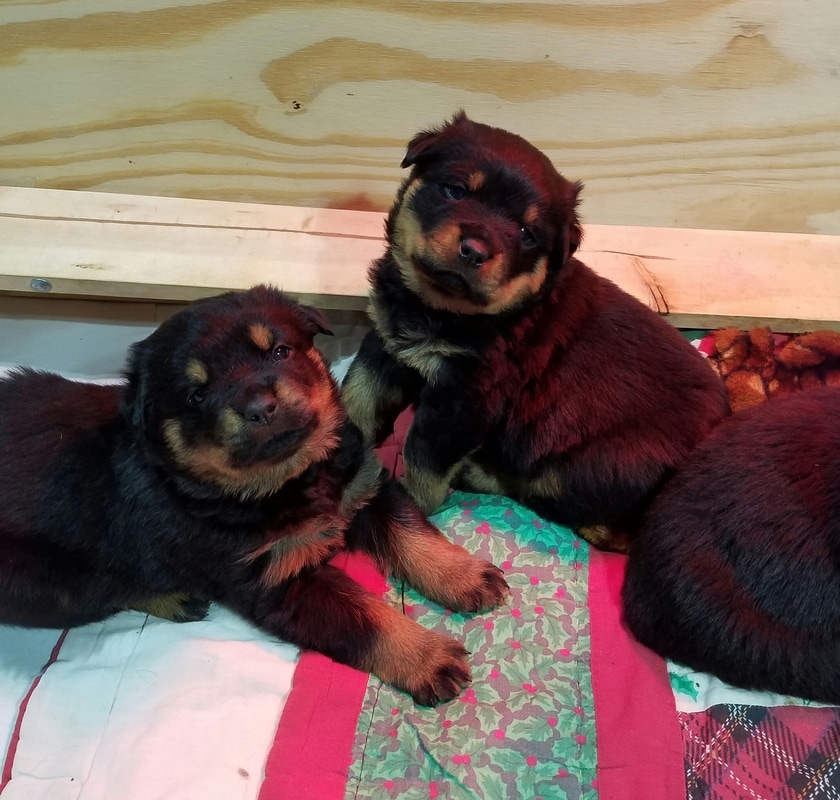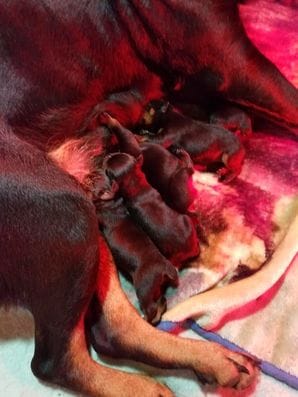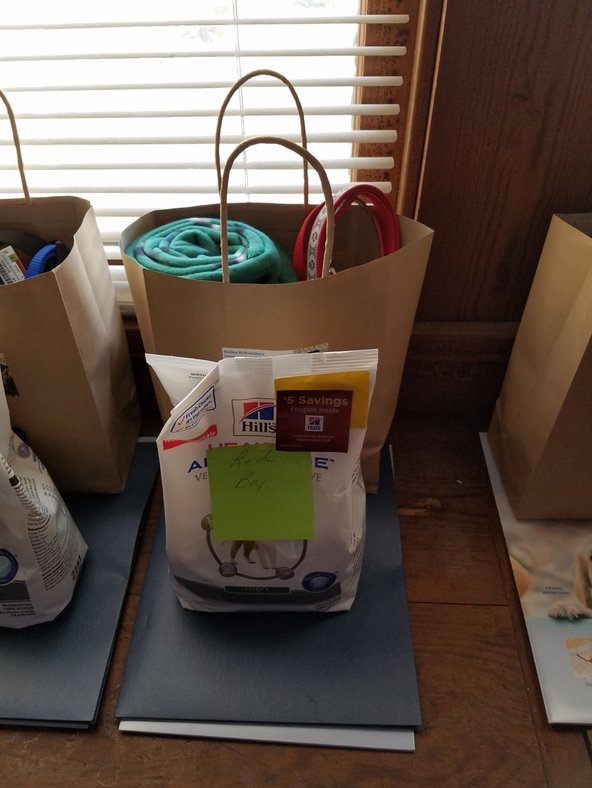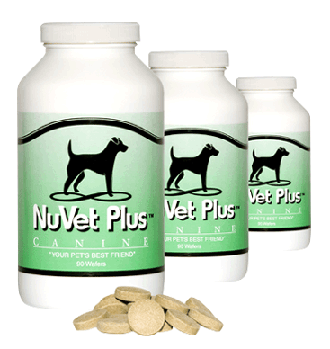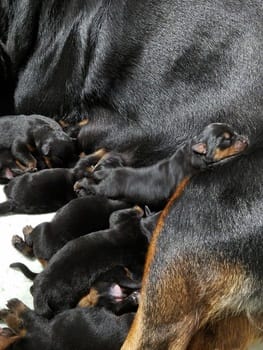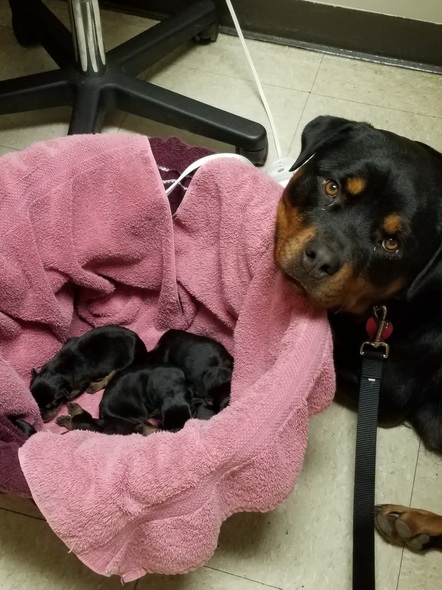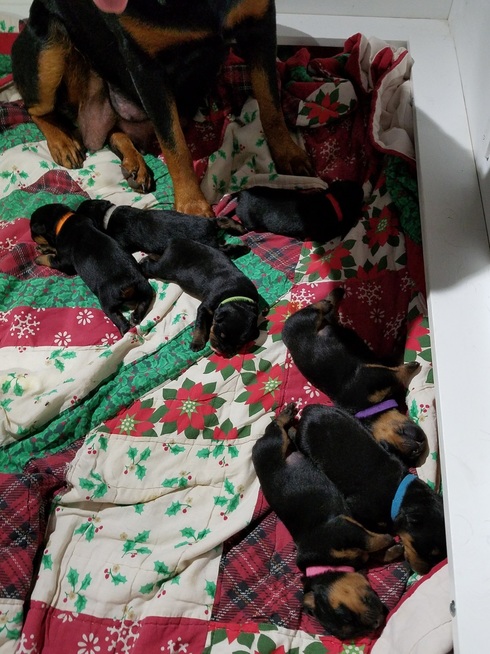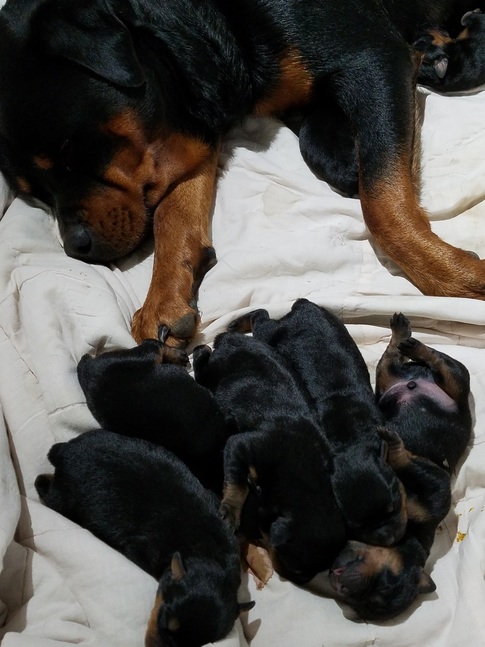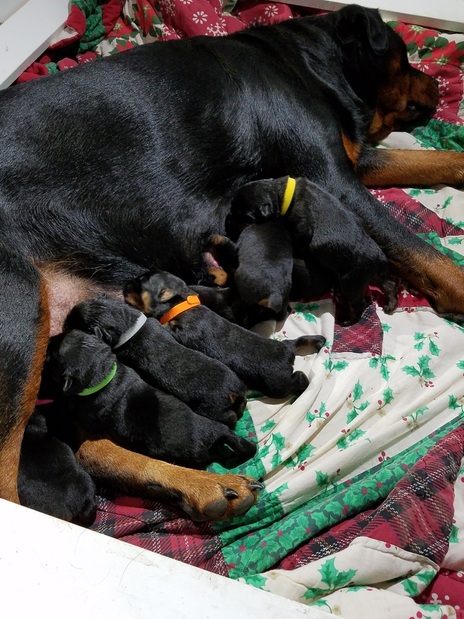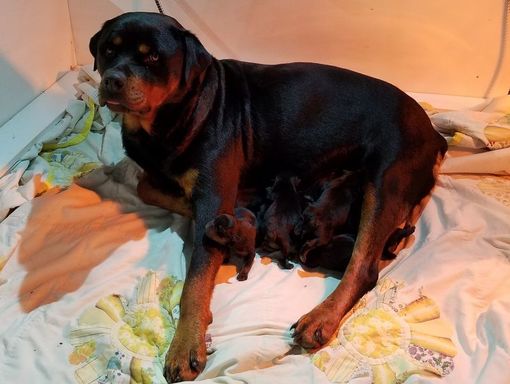Prices for Our Precious Rottweiler Puppies are
*** $1800 for a Male or Female with Limited AKC Registration papers ***
*** $4000 for Male or Female with Full AKC Registration Papers ***
We are no longer Docking Tails.
It's very painful for the Puppies, and there are also
health reasons that it shouldn't be done.
If God didn't want them to have tails, he would have made them that way.
We are excited to announce that Miss Roma & Mr. Cash
had their babies on April 15th 2024.
They will be going to their furever homes on June 15th.
We have 1 Girl left/available for adoption.
The rest are spoken for.
If you are interested please fill out our Puppy Application below.
They will be ready to go to their Loving furever homes May 25th.
Thank You!!!
We are excited to announce that Miss Shania Twain & Mr. Cash
had their babies on March 27th 2024.
They will be ready to go to their furever homes on May 25th.
She had 9 babies, 7 girls and 2 boys.
They are spoken for.
If you are interested please fill out our Puppy Application below.
They will be ready to go to their Loving furever homes May 25th.
Thank You!!!
Please make sure that you CONTACT us first, before making a deposit.
Thank You!
Bolles Rottweiler Puppy, Minus the Non-refundable Deposit for Limited AKC Registration Papers.
$1,500.00
Full payment of a Bolles Rottweiler Puppy with Limited AKC Registration Papers, Minus the Non-refundable Deposit.
To reserve a Puppy, you must fill out our PUPPY APPLICATION.
I will read it and get back to you as soon as possible. Then you will be added to our list. As soon as our Puppies are born and at least 24 hours old, We will start taking Deposits. Then Contracts are filled out, Signed and mailed.
We accept postal money order, pay pal, or you can use the buttons above to place a deposit.
Puppy selection is given in order of where you are at on our Reservations List. Deposits are non refundable but in certain circumstances the deposit may be forwarded to a future litter. All of our puppies will have 1st & 2nd shots, wormed every 2 weeks until they are 8 weeks old, have their first heartworm & flea pill at 6 weeks old, vet check and microchip prior to leaving us and we offer a written 1 year
health guarantee on all puppies.
To see our Puppy Contract, please click on the box above.
*** Past Litters ***
Please click on the picture below to see more pictures of these beautiful Fur Babies.
We are so excited to announce that on October 10th 2022 we had 7 Amazing, Beautiful, Imported from Serbia,
Rottweiler Puppies out of Xedor & Roma.
She had 3 Girls & 4 Boys.
All Roma's precious babies are already spoken for.
They will be ready to go to their Loving Furever Homes on December 3rd.
Thank You!!
Please click on the picture below to go to Kitty's Puppies Page. Thank You!!!
We are very excited to announce that
Kitty & Eron
had their precious babies on
November 8th 2021
They will be ready to go to their furever loving homes January 1st.
These babies already have loving furever homes.
Thank You!!!
We appreciate your patients for being on our waiting list!!
Thank You!!!
We are very excited to announce that
Loretta & Eron
had their precious baby on
October 28th 2021
We got Sadie returned to us, with no fault of her own,
and have decided to keep her.
Thank You!!!
We appreciate your patients for being on our waiting list!!
Thank You!!!
We are very excited to announce that
Loretta & Eron
had their precious babies on
March 2nd 2021
They will be ready to go to their furever loving homes April 24th 2021.
These babies already have loving furever homes picked out.
Thank You!!!
We are excited to announce that
Paisley & Eron
had 4 precious babies October 16th 2020.
They are already spoken for and will be ready to go to their loving forever homes in December 2020.
We are excited to announce that
Patsy Cline & Eron
had their precious babies September 7th 2019.
They will be ready to go to their loving forever homes on November 2nd.
You can see pictures & videos of them on our Facebook page.
Please text or call 660-624-1902.
Thank You & Have a great day!!
Loretta & Eron
Had their first litter together.
She had 9 beautiful babies March 20th, 2020. 5 Girl's & 4 Boy's.
They will be ready to go to their loving forever homes on
May 16th, 2020. They are all spoken for. Thank You!!!
Please click on the link/box above to see Loretta's precious babies. Thank You!!!
We are excited to announce that
Gracie May & Eron
had their precious babies September 17th 2019.
They will be ready to go to their loving forever homes on November 16th.
Eron & Paisley
had their precious babies April 23rd.
They went to their loving forever homes on June 22nd.
Thank You!!
Please click on the button above to see Patsy Cline's 1/28/19 Puppies. Thank You!!
Gracie May & Ray had 10 beautiful
Rottweiler Puppies November 27th.
They will be going to their loving forever homes January 25nd.
Thank You so much!!
Please click on the button above to see Gracie May's 11/27/18 Puppies. Thank You!!
Daisy May & Ray had 4
precious Rottweiler Puppies November 12th.
They will be going to their loving forever homes January 7th.
These Precious Babies are already spoken for.
Your welcome to get on our waiting list.
Thank You so much!!
Please click on the button above to see Daisy May's 11/12/18 Puppies. Thank You!!
Please click on the box above to see Daisy's Precious Babies. Thank You!!
"Ray"
How does the litter interest list work?
When we have a planned breeding, we open this list to the public. By submitting your entry, we will notify you when we have a confirmed pregnancy, when we have an ultrasound/x-ray to confirm puppy count and when our deposit list opens. If you're already on our list, you don't need to submit another request. Thank You!!
Please "click" on the box below to see each Puppy from
our last litter out of Daisy & Ray, on 12/14/16.
Thank You !!!
If you would like to reserve one of our Beautiful Rottweiler puppies,
early reservations are recommended.
To reserve a Puppy, you must fill out our PUPPY APPLICATION.
I will read it and get back to you as soon as possible. Then you will be added to our list. As soon as our Puppies are born and at least 24 hours old, We will start taking Deposits. Then Contracts are then filled out, Signed and mailed. We accept postal money order, pay pal, or you can use the button below to place a deposit. Puppy selection is given in order of where you are at on our Reservations List. Deposits are non refundable but in certain circumstances the deposit may be forwarded to a future litter. All of our puppies will have tails docked (unless requested that they have their tale), 1st & 2nd shots, wormed, vet check and microchip prior to leaving us and we offer a written 1 year hip/health guarantee on all puppies.
early reservations are recommended.
To reserve a Puppy, you must fill out our PUPPY APPLICATION.
I will read it and get back to you as soon as possible. Then you will be added to our list. As soon as our Puppies are born and at least 24 hours old, We will start taking Deposits. Then Contracts are then filled out, Signed and mailed. We accept postal money order, pay pal, or you can use the button below to place a deposit. Puppy selection is given in order of where you are at on our Reservations List. Deposits are non refundable but in certain circumstances the deposit may be forwarded to a future litter. All of our puppies will have tails docked (unless requested that they have their tale), 1st & 2nd shots, wormed, vet check and microchip prior to leaving us and we offer a written 1 year hip/health guarantee on all puppies.
Can I Visit the Puppies?
Many people question if they can pick out, see, or play with their puppies before they are ready to go at 8-weeks-old. The answer to the question is NO.
There are several reasons why we do not let anyone around the new puppies between birth and 8 weeks – all to protect our dogs and your puppy.
Below you will find not only details as to why the answer is no but also information as to what you can do in the mean time to prepare for your puppy.
First, it is extremely stressful for the mom to have strangers visit as she is caring for her new litter. This in turn will put stress on the new born pups. Remember, you are one of many people (sometimes as many as 25) who are getting a puppy, not including everyone else who “just wants to peek at the new babies.” If we allow everyone to see, touch, or spend time with the new pups, the mom’s routine would be disrupted: her eating and caring for pups and even her ability to produce enough healthy milk for them could be at risk.
Like a new baby, the opportunity for young pups to pick up infectious diseases is increased with all new contacts. Their immune systems are building, so at this time, the moms and pups live in whelping nests which have controlled temperatures and are separate from all outside traffic. Most illnesses and diseases are innocently carried on people’s shoes and clothing. Entire litters of puppies can be wiped out within 48 hours by the puppy killer parvovirus.
This disease could be picked up unknowingly by people in a school yard, a park, or on a sidewalk, and this is only one disease. We cannot risk exposing our dogs and your puppy to diseases that could destroy them.
Your puppy is not the only puppy. By protecting all of our puppies from stress and disease that could be brought on by high traffic, we are protecting your puppy. Just think about how you would feel if someone who just wanted to see his or her pup happened to bring in stress or illness that would cause us to lose a litter and you to lose your future puppy. We have heard from many people that pet stores, other breeders, or other kennels let clients visit puppies; the reality is that their number one concern is selling a puppy. Also, will those people be there to support you, replace the puppy, or guide you in the days, weeks, or years after you get your puppy home? Are they willing and capable to help you with training, breeding, behavioral, or health questions? Just because someone allows you to see the puppy, it does not indicate the quality of dog or of service you will receive throughout the puppy’s lifetime.
An ounce of prevention is worth a pound of cure. We take great care and much time caring for all of our dogs and their puppies. It is time and energy consuming. This is what we do best, so please let us do it. We understand your excitement, and we are happy that you are enthusiastic about getting your pup. But until you take your puppy home, we are responsible and the puppy’s health and safety is our priority.
I guarantee you that in 8 weeks after the birth it will be well worth your wait.
IN THE MEANTIME WHAT CAN YOU DO?
You can visit our Facebook page, Bolles Rottweilers, where we often post pictures & videos of new litters and puppies.
You can prepare your home for your new puppy:
1) Puppy proof your house.
2) Get a Kennel, for crate training.
3) Get some toys.
4) Get your leash and collar(9"-10").
5) Get Puppy food ~ Purina Pro Plan Focus ~ The Puppy Chicken & Rice.
6) Get stainless steel food and water dishes.
7) Get a bell for the door, to teach your puppy to ring it to go potty.
Hopefully you can keep busy until your puppy is ready to go home!
Feel free to call us with questions.
We're here to talk with you about the progress of the pups.
Each puppy is loved and is handled from birth. We start POTTY training @ 3 weeks, plus crate training at 4 weeks. We live on a farm, so our pups are socialized daily & will be use to cat's, other dogs, chickens, peacocks, turkeys, guineas, geese, and children, loud noises, just to name a few.
Our puppies come with ~ shots & deworming records, AKC papers, Micro-chipped, a toy that has been with them since they where 3 weeks old, health records from our vet, a NuVet sample, an AKC puppy handbook, a free sample of NexGard, plus a goody bag to help you get started with your little Puppy.
You will also have our support for the lifetime of your Puppy.
Our Puppies come home with A folder from AKC, with a pedigree and your registration paper with other information for you and your Puppy from AKC. Another folder with your Nuvet sample and information on Nuvet. Training tips, Do's & Don'ts. Plus a free sample of Nexguard, $35 rebate on Heartguard, and a letter from your Puppy. In the gift bag ~ a collar, leash, toy, potty bags, and a blanky. Plus we send home a toy that has been with your puppy and his siblings, so he won't be getting homesick.
Dear new Puppy Parent,
As a dog breeder, animal health is my top priority. That’s why NuVet Plus immune system builder is required as part of your pet’s Health Guarantee extension.
To assure your puppy gets off to the right start, they have been enjoying NuVet Plus every day as a treat (they love the taste). Continuing this daily regimen is the easiest and best way to keep your pet on the path to perfect health! Please order prior to receiving your pup.
Hundreds of thousands of dogs and cats are using NuVet to support their immune system and provide optimal health. A strong immune system will protect them from environmental and food toxins such as back yard pesticides, hormones, germs from public places, and even toxic formaldehyde in furniture and carpeting.
This is not just a vitamin. It’s an immune system builder with a precise balance of vitamins, minerals, omega fatty acids, amino acids and high-potency antioxidants. That’s why it works so well through all three stages of a dog’s life.
P~ For puppies - Fills the immunity gap all puppies experience. Shortly after birth maternal antibody effectiveness is greatly reduced. By 8 weeks your puppy’s immune system is at a vulnerable point. Once in their new home, the immune system is weakened by the stress of adoption and exposure to novel bacteria and viruses in their environment. This is also when the vaccine series is started. Vaccines are most effective if the immune system can respond properly. Starting NuVet Plus now is important to helping your puppy grow into a healthy adult.
P~ For dogs in their prime - Improves the luster of their skin and coat while providing the necessary antioxidants, amino acids, vitamins, mineral and more to sustain their body’s peak performance during the prime of their lives
P~ For older dogs - Helps provide the nutritional requirements to help them live long, happy, and productive lives in their senior years.
NuVet is not available in stores, and is only available to the general public with an order code from an authorized pet professional.
For your convenience, you may order online by clicking on this link www.nuvet.com/38190 or calling 800-474-7044 and using Order Code: 38190. You can also save an additional 15% and assure you never run out of NuVet by choosing the “AutoShip” option at check out.
NuVet Labs will notify us when ordered.
Jennifer Bolles
Bolles Rottweilers
As a dog breeder, animal health is my top priority. That’s why NuVet Plus immune system builder is required as part of your pet’s Health Guarantee extension.
To assure your puppy gets off to the right start, they have been enjoying NuVet Plus every day as a treat (they love the taste). Continuing this daily regimen is the easiest and best way to keep your pet on the path to perfect health! Please order prior to receiving your pup.
Hundreds of thousands of dogs and cats are using NuVet to support their immune system and provide optimal health. A strong immune system will protect them from environmental and food toxins such as back yard pesticides, hormones, germs from public places, and even toxic formaldehyde in furniture and carpeting.
This is not just a vitamin. It’s an immune system builder with a precise balance of vitamins, minerals, omega fatty acids, amino acids and high-potency antioxidants. That’s why it works so well through all three stages of a dog’s life.
P~ For puppies - Fills the immunity gap all puppies experience. Shortly after birth maternal antibody effectiveness is greatly reduced. By 8 weeks your puppy’s immune system is at a vulnerable point. Once in their new home, the immune system is weakened by the stress of adoption and exposure to novel bacteria and viruses in their environment. This is also when the vaccine series is started. Vaccines are most effective if the immune system can respond properly. Starting NuVet Plus now is important to helping your puppy grow into a healthy adult.
P~ For dogs in their prime - Improves the luster of their skin and coat while providing the necessary antioxidants, amino acids, vitamins, mineral and more to sustain their body’s peak performance during the prime of their lives
P~ For older dogs - Helps provide the nutritional requirements to help them live long, happy, and productive lives in their senior years.
NuVet is not available in stores, and is only available to the general public with an order code from an authorized pet professional.
For your convenience, you may order online by clicking on this link www.nuvet.com/38190 or calling 800-474-7044 and using Order Code: 38190. You can also save an additional 15% and assure you never run out of NuVet by choosing the “AutoShip” option at check out.
NuVet Labs will notify us when ordered.
Jennifer Bolles
Bolles Rottweilers
Early Socialization :
The stimulation as described below will give the puppies more tolerance to stress, improve the heart, immune system and adrenaline flow. This will effect the puppy for life. This early stimulation is be done daily from day 3 through day 16 of puppies life.
Rub a Q-Tip on the pad of the feet (tickling effect). Hold puppy with the head upright and tail down. Reverse direction of the puppy with tail up. Hold puppy up off the floor in a level position. Put the puppies' feet down on a really cold damp towel. You could stroke each foot once or twice with an ice cube. Do Each For A Maximum Of 4 To 5 Seconds Daily.
Other tips for stimulation: (taken from "How to Raise a Puppy you Can Live With" by Rutherford and Neil).
They recommend:
1ST WEEK:
Pick the puppy up each day, rub his softness against your check. Hold for about a minute. Support the puppy under his tummy.
2ND WEEK:
(7 to 14 days) Hold the puppy in different positions briefly, turn him in a circle one day, to left the next, etc. including upside down as described above in #2 & 3. One day during this week put him in a cooler room for about 2 minutes.
3RD WEEK:
(15 to 21 days) the stress can be more specific. One day, pick the puppy up and give a momentary rub to the ear, another day a momentary rub between the toes, different foot each day.
4TH WEEK:
(21 to 28 days) One stress event is sufficient for this week. The puppy is becoming very aware of all around him. Take the pup from his litter mates and place him on a different floor surface than he has experienced before. Leave there for 3 or 4 minutes and watch his reaction to different objects in his line of vision and how he reacts to being alone.
This Is The Beginning Of The Socialization Period. A Few Minutes With Each Individual Pup Is Important. Pick Them Up, Talk To Them, and Stroke Them. This will imprint on the pup his place in the world of humans.
5TH WEEK:
(29 to 35 days) give the pups mild auditory and visual stress. On one day, place a radio near the puppies at a loud but not blaring level. Five minutes twice in one day is sufficient. On another day, flick the room lights on and off for two to three minutes, a couple of times during the day. Or you can use flashlights. The pups need stimulation of people, sights, and sounds.
Twice During This Week, At Least, Take Each Pup Away From The Pen Area And Litter mates And Interact With Each Pup For Ten Minutes Or So. Gently Playing With Them Individually On The Floor Works. Bend Down To Their Level, Making Eye Contact And Facial Expressions. Get Your Face Close To Theirs.
6TH WEEK:
(36 to 42 days) this is a Critical period for interacting with humans. Spend a total of twenty minutes with each puppy away from the litter this week, preferably in two ten-minute sessions, it is the best thing you can do to help the puppy begin to develop a well-adjusted personality. The pups two-way communication system is developing. The pups will run to you, climb on you, wanting to interact. How they are raised during this period of time will effect them for life.
7TH WEEK:
(43 to 49 days) each individual session with each pup should be about ten minutes long. Call the puppy to you, get him to follow you, sit down on his level and gently play a bit. Talk to him and get him to look at you.
8TH WEEK:
(50 to 56 days) This Is The Fearful Period. Pups are afraid of loud noises, movement, and confusion and are cautious of anything new in the environment. If the pup experiences something frightful or harmful during this period, he may be terrorized for life. But don't put the pup in seclusion during this period, let him have normal experiences. Also during this period the pup may be suspect of even normal things around him, as though he doesn't even trust his own judgement. Be calm, this period will pass in a week or two, and providing the pup has not had a frightening experience it will be back to normal by the end of the ninth week.
9th - 12th WEEKS:
(57 to 84 days) the pup develops strong dominant and subordinate behavior. They begin to learn the right behavior during this time. The pup has a very short attention span. The brain is ready for full functioning. Exposure to different environments and building of self-confidence is a primary consideration here. All puppies should receive their own special time alone with the owner; otherwise the pups will become more difficult to train. Fifteen to twenty minute visits to new places is sufficient several times a week or daily if possible. Do not isolate the pup during this period for great lengths of time. You must begin to build the dogs self-confidence. Use the word "NO" sparingly and only when it really demands it. If you don't want the pup into something, take it away, rather than continue correcting all the time. An excellent means of building self-confidence in a pup is to spend time alone with him, playing with him, grooming him and beginning to teach him behaviors that are important to you, such as to sit, come or walk with you. Interaction with adult dogs throughout this period helps build a sense of "pack order", and helps them overcome fear aggression of other dogs.
3 TO 6 MONTHS STAGE:
Chewing and biting begins, since the permanent set of teeth will be coming in. Be sure the pup has HIS own things to chew on and give correction for mouthing or biting you. Around Four Months Of Age, the pup will go through an avoidance period similar to the fear period experienced at eight weeks of age. He becomes very suspicious of anybody and anything new. Just keep things Normal for the pup during this period and exposure should be kept at a quiet minimum. Determining Pack Leadership happens during this period also. You must always keep your pup informed of the fact that you are Alpha at this period. He will remember this then for life and will be easier to live with. This is the period when males start to go through "testosterone poisoning" and will challenge you. Do NOT tolerate any misbehavior or dominance during this time.
9 TO 12 MONTHS:
Around 9 to 12 months, some pups will go through this fearful period again. Do NOT allow the pup to get away with shying away. If they are allowed to be shy and run AWAY from a situation, they will remain that way for life. Be Firm and Gentle; let them know you are there for them, but never allow them to back away. When they are hunching down and acting fearful, never say "It's ok, it won't hurt you, etc." All they will remember is that you said "It's Ok", and interpret that as "It's Ok To Act Fearful, And Pull Away." When encountering this behavior, tell them "NO, straighten up and act right." Hold them gently to the fearful situation and make them submit. They will soon find that their fears are unfounded and everything will be back to normal in a very short period of time. Again, DO NOT tolerate any misbehavior or dominance during this time.
Crate Training Puppies 101
Crate training puppies makes housebreaking much quicker and less messy... and it's easier on everyone too! This page focuses on the 'big picture' and is a 'step-by-step' guide to get your puppy's house-training started off in the right way. It will also help you to avoid the most common pitfalls, problems and questions.
Your 'How To' Guide It's important to get your puppy's housebreaking started right away - literally on the first day that you bring him home. This is because puppies are absorbing absolutely everything around them, and they learn amazingly quickly. Which is great when they're learning the stuff you're teaching them - not so great when they're picking up bad habits or figuring out how to do things that you don't want them to do!
Dogs are creatures of habit and they learn through repetition. Once they've done something several times it begins to become a habit and after a while it will be instinctive behavior they won't even need to think about it, they'll just DO it. So, that's why it's crucial to make sure your little guy doesn't have the opportunity to make potty-training mistakes. One or two little 'whoopsies' is inevitable during this phase, but regular 'accidents' will quickly become a habit and that's when real problems set in. You've read the page I talked about above, so you know how to introduce your puppy to his crate so now you're ready to actually use it!
1. Putting Your Pup Into His Crate There are several different types of crates to choose from. Personally I always use a plastic crate when I'm house training a puppy.. for two good reasons. The first is that it's much easier to clean than any other type, and no matter how careful or consistent you are, you will be doing a fair bit of cleaning up during the first couple of days, if not weeks! The second reason is that they're relatively inexpensive and your pup is going to grow out of his first crate (and probably his second one too) pretty quickly. Buying one for him to 'grow into' is not an option with crate training because that will only encourage him to use it as a sleeping spot and toilet area. Picking the right size is crucial! A wire crate would be my second choice. Not as easy to clean, but manageable. You can buy models which come complete with wire divider panels so that you can partition off just a small area for your pup at first, enlarging it as he grows. These are more expensive than plastic models, and not very cost effective unless you buy the divided style. They are great for housebroken adult dogs though. Okay, now let's take a look at the steps you're going to want to follow......
Give your puppy a potty break FIRST Make sure your pup has been outside to 'do his business' before you crate him, even for short periods. This way when he starts fussing right away you know he doesn't have an urgent need to 'go' and cuts down on the chances he'll eliminate in there.
Give him one or two favorite toys It's a good idea to have a special toy (or two) for your pup to play with only when he's in his crate. Make sure it's something he really likes and is tough and safe. These will stave off boredom and help him forget he's not outside running around. During the first few days you can also give him an old T-shirt or something similar that you don't mind getting ruined (it's possible it'll get peed on, pooped on or chewed beyond recognition). Do make sure that there's no buttons, elastic or zippers on whatever piece of clothing you give him and if he does decide he'd rather eat it than sleep on it, take it away. Puppies feel happier and are reassured if they can 'smell' you right next to them at all times :) Stay close by at first Young puppies want to be with their people at all times and if you disappear from sight the first time he's put in his crate, then your little guy is going to be scared. You don't want him to feel that way so to begin with try to stay in the room, or at the very least within sight of his crate. If you do have to leave the room, try calling to him randomly so that he hears your voice and knows that you haven't deserted him.
Ignore his fussing! Crate training puppies is rarely going to be all smooth sailing. Almost all puppies will fuss and cry the first few times. Remember, they want to be right next to you! If you take your pup out as soon he starts whining I can guarantee he'll whine even louder and longer next time. Click on the banner image below for more information on dealing with your puppy's fussing and complaining....
2. Spending Time In His Crate You'll need to start with short periods of crating and work up to longer ones. General guidelines Here's a quick look at how long most puppies can handle being crated during the DAYTIME hours:
9 - 10 weeks old - 30 minutes
11- 14 weeks old - 1 to 3 hours
15 - 18 weeks old - 3 to 4 hours
18 weeks plus - 4 to 6 hours (8 hours max if essential) The rules are a little different when it comes to overnight crating. Try to put your puppy in his crate beside your bed at night, or at least somewhere you can hear him (although you may wish you couldn't hear him at 2am). Remember, he's still a baby and will need to go out to 'potty' at least once during the night. Crate training puppies during the night time is easier if you make sure your little guy has had a potty break and hasn't had access to drinking water after approximately 8pm. That way he'll most likely go to sleep for several hours before needing to go out. Don't ignore his crying at that point as he won't be able to hold it in and if forced to potty in his crate it'll make housebreaking him much more difficult. This stage only lasts a short while and you'll be glad you persevered when you have a clean, housebroken dog.
How long is too long? If you have a new puppy and you're working or going to school for long hours, then you'll need to find a way for your pup to get some time out of his crate during the day. Whether for a potty break, some exercise or just some companionship, at least once during the day. Perhaps you can arrange to come home at lunch-time or during a break, or maybe you've got a friend, relative or neighbor who can get into your house and take care of your pup for you. Failing that, you could pay a responsible person, or better still find a pet sitter, to take on that role. An 8 - 12 week old puppy simply ISN'T capable of holding his pee or poop for 6 - 8 hours. If you leave him in a crate for that extended amount of time chances are he'll make a mess and this means you'll come home to a puppy who needs a bath, and a crate that needs to be cleaned. Not fun! What's worse, is that once your pup gets into the habit (remember those bad habits!) of messing in his crate then it's no longer a useful tool for housebreaking and the whole potty training situation becomes a lot more challenging!
3. When It's Time To Let Him Out Wait for quiet first! Whether your pup is in his crate for 5 mins or 30, never open the door and let him out while he's crying and complaining. Wait for a lull first or he'll think he's getting out because he's making such a fuss.
Don't make a fuss over him when time is up When it's time for your little guy to come out of his crate open the door and put on his leash without making a big fuss of him. Take him outside right away so he can 'potty' in his usual spot, then it's time for play and lots of loving! If you give him a big welcome the minute his paws hit the kitchen floor it'll make him desperate to get out the whole time he's crated. Click on the banner image below to find out why establishing a daily crate training schedule is so important, and see a suggested routine for an 8 week old puppy....
4. What If Your Pup Messes In His Crate? Crate training puppies works because dogs are den animals by nature and will try very hard NOT to mess where they sleep. If your puppy regularly eliminates in his crate, one of these issues might be causing the problem: Is he too young (less than 8 weeks old) and has no bladder/bowel control? Did you forget to give him a potty break before you put him in his crate? Did he drink a lot of water immediately before being crated? Did you leave a blanket or soft toys/bedding in there with him? Puppies are much more likely to pee on something soft than they are on the hard, smooth floor of the crate. Could he have worms or an upset tummy causing diarrhea, perhaps due to a change in diet or stress? Could he have a medical problem such as a urine infection? If you bought your puppy from a pet shop, or from a backyard-breeder or even a puppy mill (and you won't necessarily KNOW that your pup is coming from those types of places if you're buying from a store, or online) then housebreaking could well be more of a challenge for you both. This is because puppies brought up in those kinds of places are often forced to spend every minute in tiny, dirty crates or pens. If a puppy is brought up in these conditions his natural instincts to be clean are overpowered, and many pet shop or puppy-mill puppies have no problem with messing in their crates. Remember though, it's not his fault. It will take extra time, effort and patience to housebreak puppies like this, but they've already had a horrible start, so stick with it and be understanding of any confusion and difficulties. Always clean the crate thoroughly, so that the scent of his 'accident' doesn't encourage him to get in the habit of re-soiling over and over. The best type of cleaners to use when you're crate training a puppy, are the enzymatic ones, which totally break down and destroy the odors associated with urine, feces and vomit. Natures Miracle Advanced Stain and Odor Remover is the one I would recommend, we use it a lot!
Dog Supplies
FURminator deShedding Tool for Dogs is our favorite brush for the Rottweilers, and they love it just as much as we do.
KONG Pudge Braidz Dog Squeaker Toy is a favorite for Rottweiler Puppies.
KONG Tugger Knots Moose Dog Tug Toy is a favorite for all sized Rottweilers.
sitemap: http://cdn.ywxi.net/sitemap/5055898/1.xml
